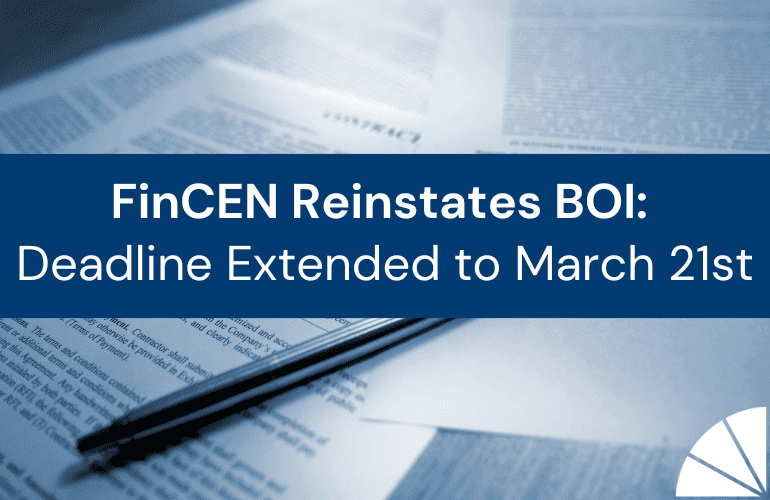
When customers in one state buy products online from businesses operating in other states, who’s entitled to collect taxes on those purchases? That’s the question that states and corporations have been struggling to answer for three decades. In Massachusetts, sales and use tax collection requirements have recently changed – and it’s going to affect some companies with Massachusetts customers. The Massachusetts Department of Revenue recently released new nexus regulations related to use tax for out-of-state vendors who sell tangible property or services to customers in Massachusetts. The regulations were prompted by the 2018 Supreme Court decision in South Dakota V. Wayfair, a landmark case for businesses in the digital age.
For background: After the South Dakota legislature enacted a law requiring out-of-state businesses to collect sales tax from customers in South Dakota and remit those taxes to the state, online retailers including Wayfair sued the state. In a 5-4 ruling, the Supreme Court reversed prior law, established in the 1992 case Quill v. North Dakota, that required a business to have a physical presence in the state in order to collect sales tax. The Supreme Court’s decision allows states to collect and remit sales tax from out-of-state businesses that have 200 transactions or $100,000 in-state sales.
Prior to the Wayfair ruling, the DOR had already established a “bright line test” for determining nexus. The newly released regulations, 830 CMR 63.39.1, dictate the circumstances in which businesses are responsible for excise tax. Specifically, businesses operating outside of Massachusetts will be subject to excise tax if they meet one of three conditions.
- Any of such activities are conducted with one hundred or more residents of the state;
- The taxpayer has $10,000,000 or more of assets attributable to sources within the state, or
- The taxpayer has in excess of $500,000 in receipts attributable to sources within the state.
(Note that these regulations don’t conflict with Public Law 86-272, which protects taxpayers doing interstate business from net income-based taxes but not from other types of taxation, including sales and use taxes.)
These regulations aren’t the first to require remote companies to pay taxes when doing business in Massachusetts. The state already has a “cookie nexus” law that applies to Internet vendors who are based outside the state. Under that law, vendors are required to collect and remit sales tax to Massachusetts if, during the preceding calendar year, they made in excess of $500,000 in sales in Massachusetts or made more than 100 sales that resulted in deliveries to Massachusetts. The cookies that remote sellers use to store data on Massachusetts customers’ devices constitute a physical presence in the commonwealth, under the cookie nexus law. Those regulations are expected to be repealed now that the broader economic nexus regulations have been passed.
What does this all mean for you? Companies that don’t physically operate in Massachusetts, but that do business with customers based in Massachusetts, may now be subject to Massachusetts income tax filing requirements. Complicating matters somewhat is that, for tax purposes, there’s a distinction between companies that sell tangible property in Massachusetts, and companies that sell services and intangibles. How and if these regulations affect you will be determined by the specific nature of your company and the scale of business you do in Massachusetts.
Because this is a complex issue, all affected companies need to work with their business tax specialists to determine tax liability and, if necessary, to prepare for tax filings. LGA is following updates with this law and will keep you informed as developments are made. In the meantime, contact us to make sure you’re on top of all your tax obligations.





